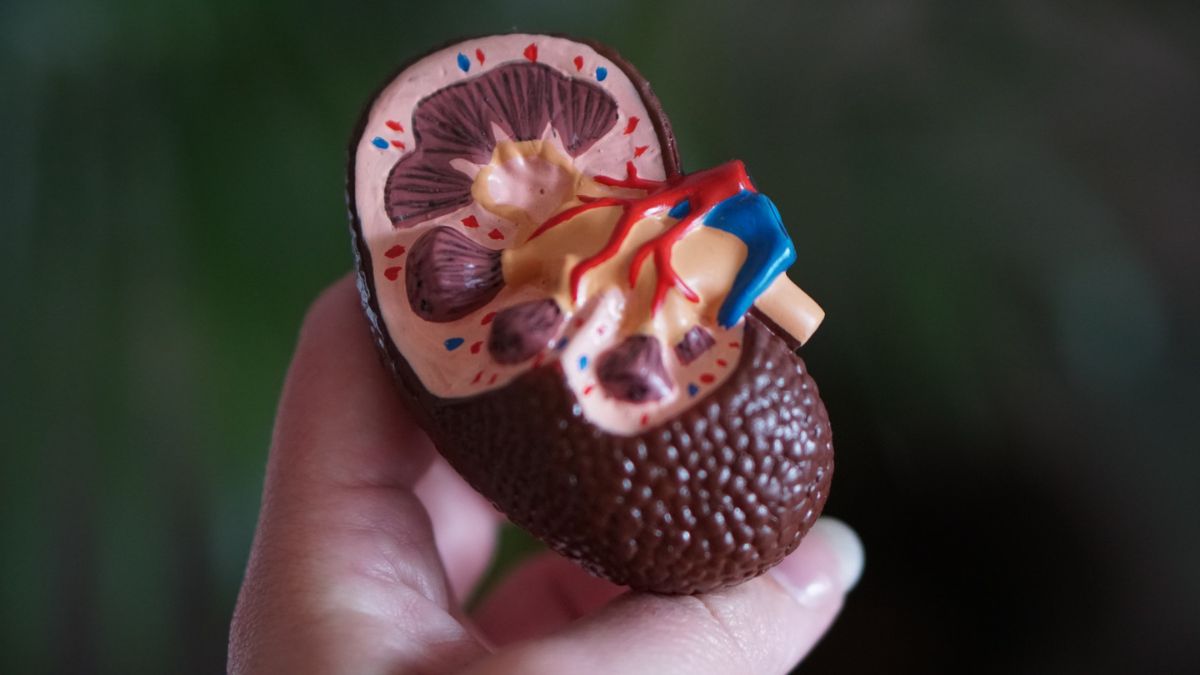- By Vikas Yadav
- Mon, 15 May 2023 07:30 PM (IST)
- Source:JND
RESEARCHERS have developed an AI solution to predict if an individual suffering from Type 2 diabetes will develop kidney ailment as a complication of diabetes, IANS reported. A study published in Nature Communications by Sanford Burnham Prebys (US) and the Chinese University of Hong Kong (CUHK) researchers may help medical practitioners manage or prevent kidney ailments in patients diagnosed with type 2 diabetes.
The new AI algorithm relies on measurements of a process known as DNA methylation that occurs as "changes accumulate" in DNA. It can encode information about genes to measure kidney health.
"Our team has demonstrated that by combining clinical data with cutting-edge technology, it's possible to develop computational models to help clinicians optimise the treatment of Type 2 diabetes to prevent kidney disease," said Kevin Y Yip, Professor and Director of Bioinformatics at Sanford Burnham Prebys as quoted by IANS.
"Our computational model can use methylation markers from a blood sample to predict both current kidney function and how the kidneys will function years in the future, which means it could be easily implemented alongside current methods for evaluating a patient's risk for kidney disease," Yip adds.
The researchers used data from over 1,200 patients having diabetes (Type 2) in the Hong Kong Diabetes Register to train this model. Moreover, the researchers tested it out on 326 'Native Americans' with Type 2 diabetes to substantiate that their study could help predict kidney disease.
"This study highlights the unique strength of the Hong Kong Diabetes Register and its huge potential to fuel further discoveries to improve our understanding of diabetes and its complications," stated co-author Juliana Chan, MD, Fellow of the Royal College of Physicians, and professor, Department of Medicine and Therapeutics, the Chinese University of Hong Kong. The Hong Kong Diabetes Register was established by Chan and a doctor-nurse team in 1995.
Currently, researchers are working to refine the model.
With inputs from IANS

